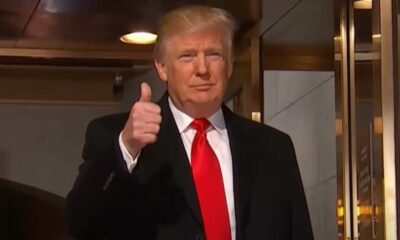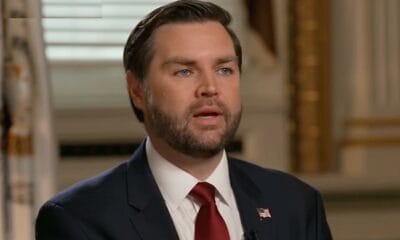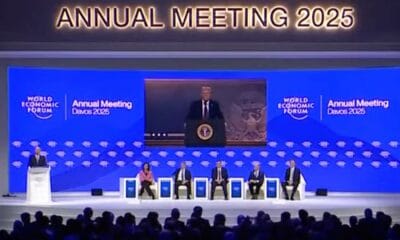2024 Election
Doug Burgum: Americans Understand This Is Lawfare
North Dakota Governor Doug Burgum joined “The Ingraham Angle” to discuss the left’s reaction to Donald Trump’s verdict on May 31, 2024, after some demanded the former president lose his Secret Service protection.
“If Joe Biden had been charged with conspiracy, like to evade taxes back in 2019, or with a violation of the Foreign Agency Registration Act and all this China stuff, I don’t know, maybe in some jurisdiction in Oklahoma or Mississippi? Imagine what the gals at The View would be saying today: ‘Election interference Whoopi!’” Ingraham said.
Burgum agreed and added that despite the Democrats’ eight-year progression to take down Trump, he remains optimistic.
“There’s been an effort, one after another, escalating to try to, stop him. And it doesn’t – the good news is it doesn’t matter,” he explained.
“I was very sad yesterday. Yesterday was a sad day for America. Today I’m optimistic because you look at the response from people that are outside the the bubble of DC and they can see right through it. They can see that President Trump is out there working on the issues that matter to them.”
Burgum said the trial is pure “politicization” and pointed out that while the media filled nearly two blocks outside the courthouse, important issues such as border control have had little to no coverage.
“We’ve got to get focus back on the real issues,” Burgum added.
“Outside that courthouse, there was two blocks of media that was there. And, of course, you know, I’ve been down to the southern border with North Dakota National Guard more than Biden, more than Harris. Where’s the media covering the mass invasion?”























